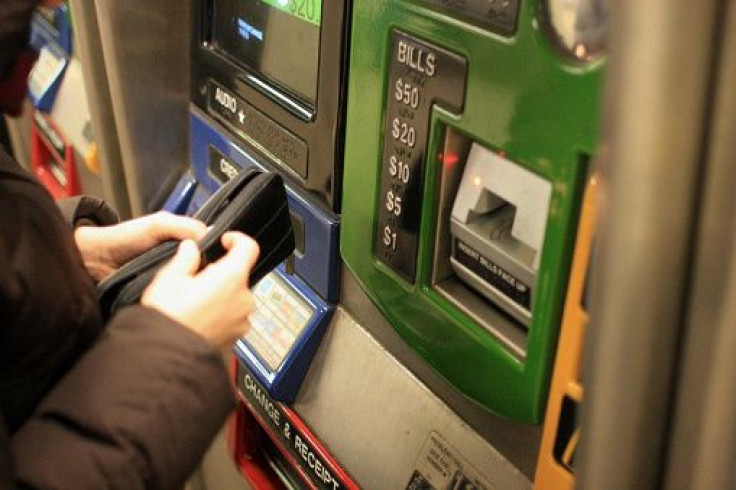MTA Subway Fare Increase 2017: How Much Do MetroCards Cost Now?

The Metropolitan Transportation Authority fare hike went into effect Sunday for trains, buses, bridges and tunnels across New York City.
While a single MetroCard ride still cost $2.75, Metro-North and Long Island Railroad fares increased up to 3.75 percent for a weekly or monthly pass. Unlimited 30-day MetroCards now cost $121, which is a nearly $5 increase from $116.50. The cost of a weekly MetroCard went from $31 to $32 dollars, in contrast to the 7-Day Express Bus Plus card costing $59.50.
Read: MTA To Ban All Political Advertising On NYC Subways And Buses After Court Allows 'Killing Jews' Ad
The bonuses on MetroCards decreased, too. Commuters only get a 5 percent bonus on MetroCards, as opposed to the 11 percent with a $5.50 or more purchase.
Here is a fare calculator released by the MTA to help commuters figure out how the bonus works.
Also, drivers paying cash or tolls to cross MTA bridges and tunnels will see an increase of 6.3 percent to 9.1 percent, according to Pix11. Drivers using an E-Z Pass will see a 25 cent hike.
For more information on the new fare prices, click here.
The fare, which increased six times since 2009, is expected to rise again in 2019. The fares and tolls increase are how the MTA pays for the mass transit system.
"The MTA is focused on keeping our fares affordable for low-income riders and frequent riders, and on how we can keep necessary scheduled increases as small and as predictable as possible," MTA Chairman and CEO Thomas F. Prendergast said in January. "Keeping fares and tolls down was possible because of the continued operational efficiencies and ways we have reduced costs while adding service and capacity along our busiest corridors, most recently with the opening of the new Second Avenue subway."
Elected officials joined a group of advocates in Brooklyn outside of Barclays Center Sunday to call on New York Mayor Bill de Blasio to provide assistance to low-income New Yorkers living at or below the Federal Poverty Line with half-priced Metrocards.
"Public transit isn’t public if the public can’t afford it," City Councilmember Carlos Menchaca said.
© Copyright IBTimes 2024. All rights reserved.












